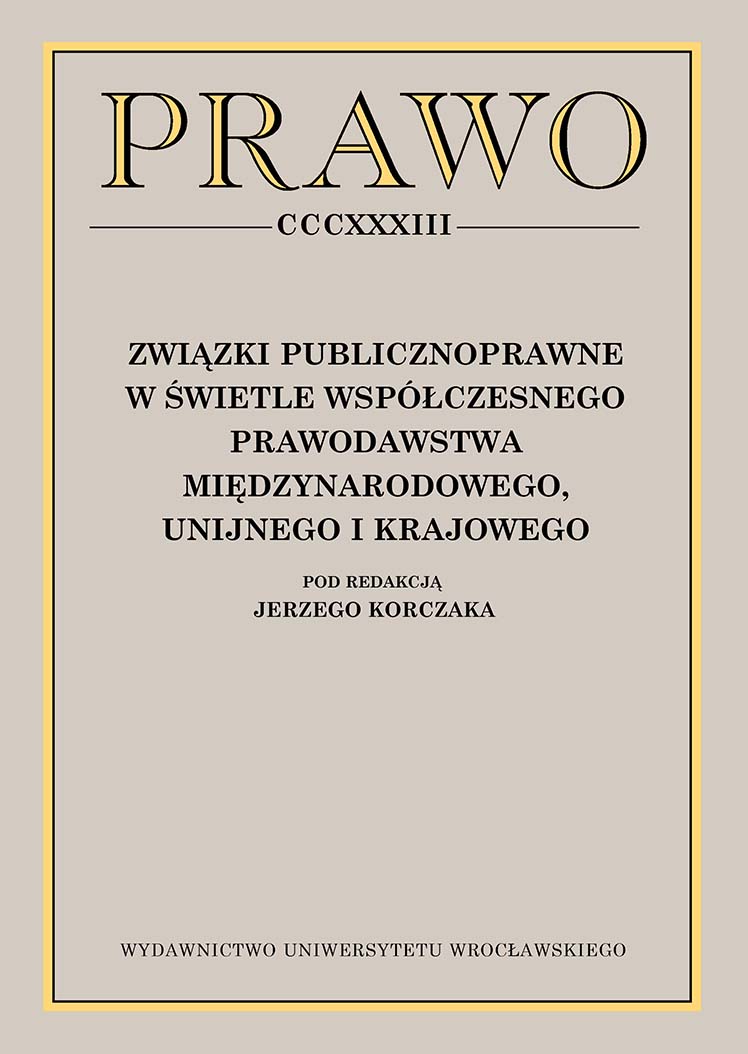

Articles

The aim of the study is to consider the evolution of the University institution against the background of recent changes in the legal status in this area, in confrontation with the classic form of a self-governing independent establishment, a construction developed in 1928 by Tadeusz Bigo. The university was then perceived as a public establishment, a community of scholars and learners. The fascination with efficiency, managerial approach typical for corporations, in the final years of the 20th century, meant a gradual departure from the vision of the University as a space of freedom, academic autonomy, creativity, and independence — a recognised form of decentralisation.
The paper points out, against the background of differing doctrine views, the form of a public establishment as the gradual formation of the prevailing view of the university in this respect. The legal effects of moving away from the universal university construction to the future dualism of academic and vocational universities were analysed. Progressive limitation of their autonomy takes place, among others, through the multiplication of measures, indicators, and evaluation, as well as standardization, formal scoring of academic achievements. In the Polish language, university, in contrary to Tadeusz Bigo’s concept, has become a “reserved word” for the name of one from among many types of universities. The conclusion of the article is a conviction about the theoretical bearing and further practical usefulness of the discussed universal construction of the university as an intermediate form between corporation and administrative establishment once proposed by Tadeusz Bigo. This indicates deficits of new legislative solutions in relation to future tasks of the university in times of management in conditions of uncertainty and a key role of creating an environment conducive to creativity and innovation.